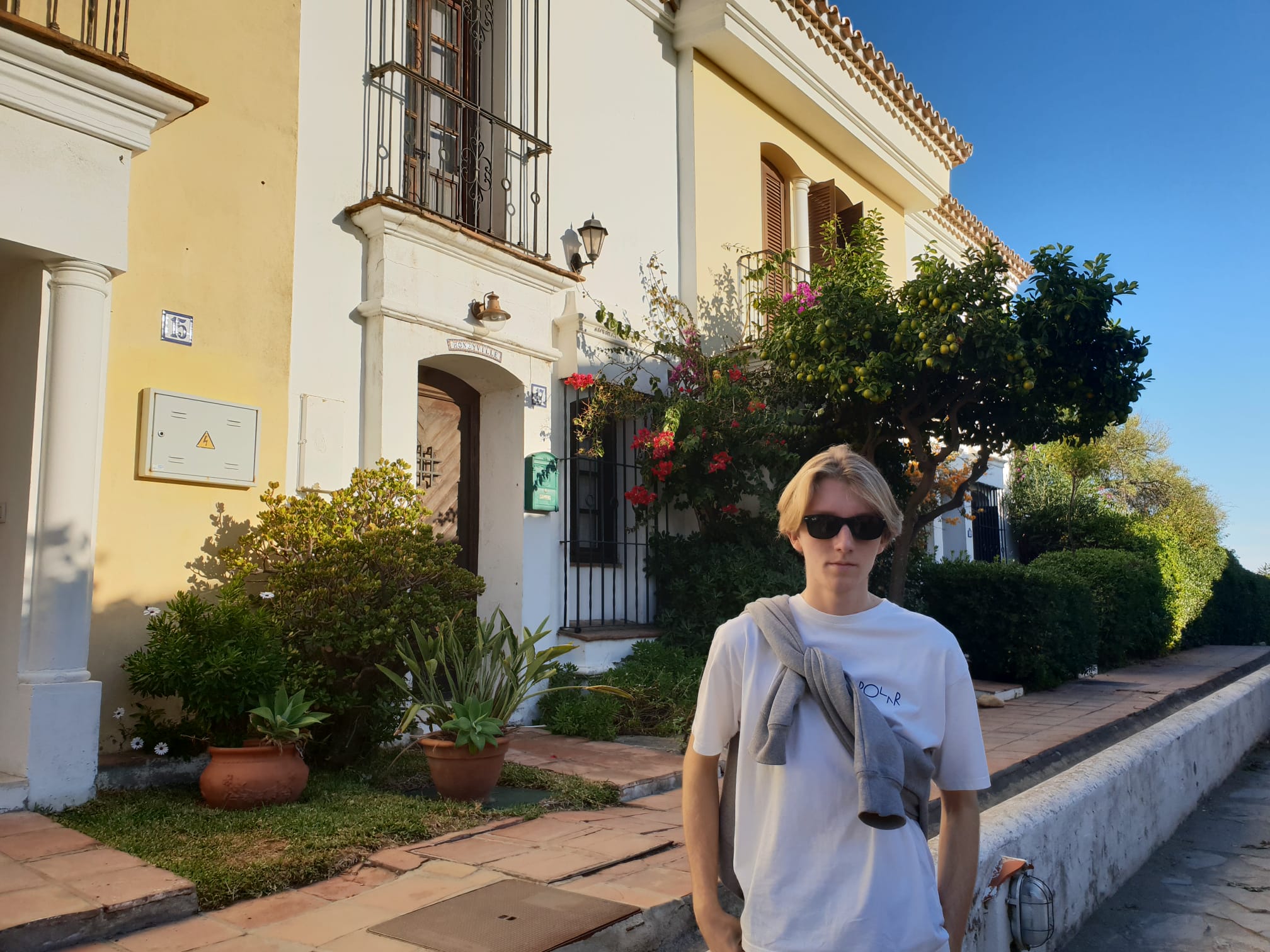
For many, this may be one of the more daunting of common questions asked at Medical School Interviews. But don't worry. As long as you pick the right weakness and follow a persuasive and logical structure, the question may only be your strength.
"Nobody is perfect", and everyone has a few weaknesses. Through this question, the admissions panel isn't looking for a person who has the least flaws, but rather for a candidate who can reflect on their actions, own up to their weaknesses and strive to be better by actively improving on them. This may be one of the most essential skills for a doctor, so make sure you demonstrate this ability and acknowledge its importance in your answer.
🧠 Choose The Weakness Wisely. Avoid qualities that would preclude you from being a good doctor (lousy communication skills, inability to work in a team, poor organisational skills, lack of empathy etc.). On the other hand, you shouldn't choose a quality that is widely considered beneficial (being committed to school duties, being always professional), as this will sound inauthentic.
📈 Show Progress: Explain what you’ve done to work on this weakness. Show you take a proactive approach toward your development.
🚀 Craft a Model Answer on Medfully: Did you know that you can craft model answers to common interview questions with our interactive interview tool? And what's best is that Medfully automatically turns your answers into flashcards, saving you time and allowing you to solidify your interview answers.
✨ Saying You Are a Perfectionist: Inherently, most candidates applying to Medical School are perfectionists. Overall, not only would it be an ordinary answer, but it would also sound as if you didn't reflect sufficiently or are insincere.
📝 Giving No Justification. Use real-life examples to back up your point and make your answer more personalised and persuasive.
Introduction: State the weakness and briefly explain what you mean by it.
Why is it a weakness? Can you recall any situations where you could have done better if not for this quality? Would it hold you back in medicine or at university?
Improvement: What do you do to improve it? What do you hope to achieve? This is a critical component of your answer. Through it, you can demonstrate all of the qualities the interviewers are looking for in a candidate - that you are analytical, proactive, and keen on self-development. Together with the examples and explanation of the weakness, this part should constitute the bulk of your answer.
Conclusion: Summarise briefly your points in one sentence to signal to the interviewer(s) you have finished answering their question.
(Introduction) Hmmm, let me think… So one thing that seems to hold me back is my tendency to take over the roles of other team members whenever I’m working in a team. I realised that whether I’m working as a part of my school’s council, on a class project or sometimes with my volleyball team, I like to have everything under control and feel like I’m in charge.
(Why is it a weakness) And that may seem like a good thing from my perspective, but simply because I’m keen on doing something, it doesn’t mean I’m the best person to be in charge of it. There are always multiple ways of completing the task. Moreover, the reason why team working can be really efficient is that everyone focuses on a limited number of tasks, that are within their capacity.
Similarly, in a hospital, each member of the Multidisciplinary Team has their own role and should stick to it. It’s especially impossible in a healthcare setting for one person to take on the responsibilities of all the other team members. That would compromise efficiency and result in conflicts.
(Improvement) So ever since I’ve realised that tendency of mine, and understood how it can negatively affect team efficiency and dynamics, I try to be more conscious of my behaviour whenever working in a team. I’m actively thinking not to be too intrusive, giving a chance to other team members to take the incentive, I’m trying to ask more questions and listen to people’s opinions, instead of forcing my view.
(Conclusion) So although my teamwork skills could be improved on, I think I know where the problem lies and I’m taking the first steps to work on it.
Preparing for medical school interviews is a serious task. It requires more than just reading an article or doing a mock interview. It requires intentionality, structure and commitment. Luckily, with Medfully it is simpler and more efficient than ever: